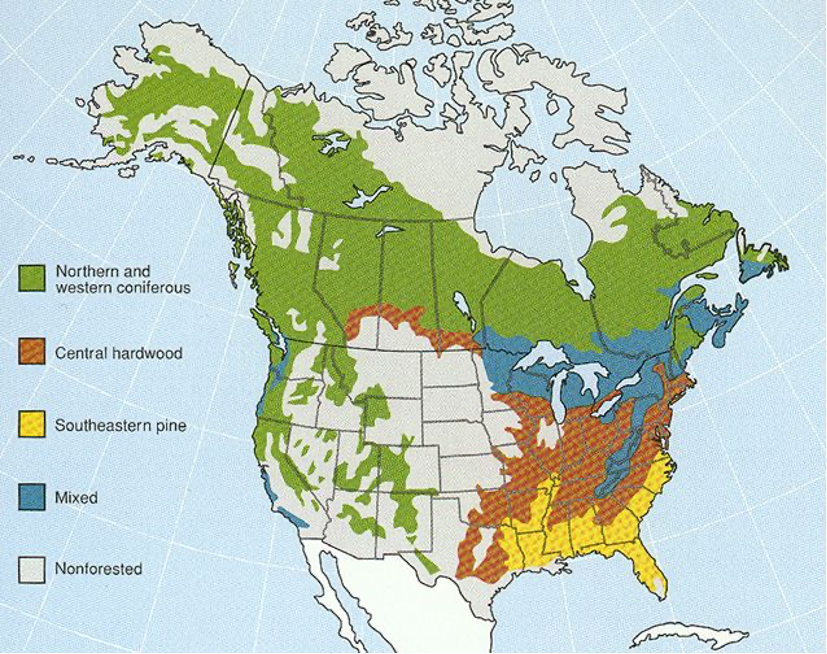Speaking of forest management, at one point in time the scientific consensus was that growth of forests, and plants for that matter, was mainly driven by the availability of resources to them. So the u fortunate consequence of that was that all the unwanted trees would be pruned out in order not to compete and hinder the growth of the cash crops.
Well in the end it turned out that trees take part in complex underground economies and family units that trade and share resources, and diversity of species in fact increased growth over the long term.
Why is this relevant to climate change? We get so entrenched in our models of the world that we actually believe that we understand complex biological systems. If you do a 5 why’s (or more) analysis on climate change you’re going to find that human hubris and intervention is at the root of our climate problems. Focusing on CO2 will necessarily lead to more problems as long as it means more interventions, faster and at larger scales. Which of course our connected world and the urgency of the problem amplify.
Focusing on CO2 cause perverse situations where it might look better to have large, efficient, machine driven monocrop systems that destroy the life in the soil, compared to animal and plant driven local food systems.
There is a lot of somewhat cutting edge science that paints a much more organic picture of the biosphere over the mechanistic view, that changes the whole set of solutions that we should pursue. Consensus science is necessarily somewhat behind, at least if you accept the premise that we have more to learn.
My personal view is that we are ducking things up faster and wider than we have ability to learn how those changes affect our globe, and there is truly no hope in this trajectory we are on. Think of it as trying to fix things before we even know what the effects of the previous fix are. This leads to the system to wild oscillations and inevitable collapse. Bracing for impact is the sane course of action.
Human interventions, their speed and scale are really the only things that matter.
Well in the end it turned out that trees take part in complex underground economies and family units that trade and share resources, and diversity of species in fact increased growth over the long term.
Why is this relevant to climate change? We get so entrenched in our models of the world that we actually believe that we understand complex biological systems. If you do a 5 why’s (or more) analysis on climate change you’re going to find that human hubris and intervention is at the root of our climate problems. Focusing on CO2 will necessarily lead to more problems as long as it means more interventions, faster and at larger scales. Which of course our connected world and the urgency of the problem amplify.
Focusing on CO2 cause perverse situations where it might look better to have large, efficient, machine driven monocrop systems that destroy the life in the soil, compared to animal and plant driven local food systems.
There is a lot of somewhat cutting edge science that paints a much more organic picture of the biosphere over the mechanistic view, that changes the whole set of solutions that we should pursue. Consensus science is necessarily somewhat behind, at least if you accept the premise that we have more to learn.
My personal view is that we are ducking things up faster and wider than we have ability to learn how those changes affect our globe, and there is truly no hope in this trajectory we are on. Think of it as trying to fix things before we even know what the effects of the previous fix are. This leads to the system to wild oscillations and inevitable collapse. Bracing for impact is the sane course of action.
Human interventions, their speed and scale are really the only things that matter.




